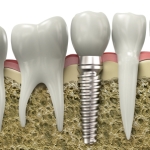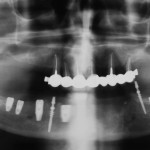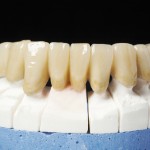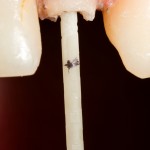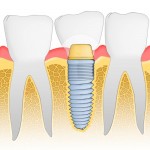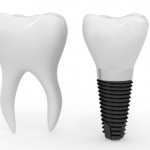
This critical summary form the American –Dental Association-Centre for Evidence-based Dentistry looks at a 2011 review by Sun et al . The commentator feels that there was a lack of focus to the question under consideration and that the search strategy was limited. There were also some concerns about whether the potential for publication had [read the full story…]
